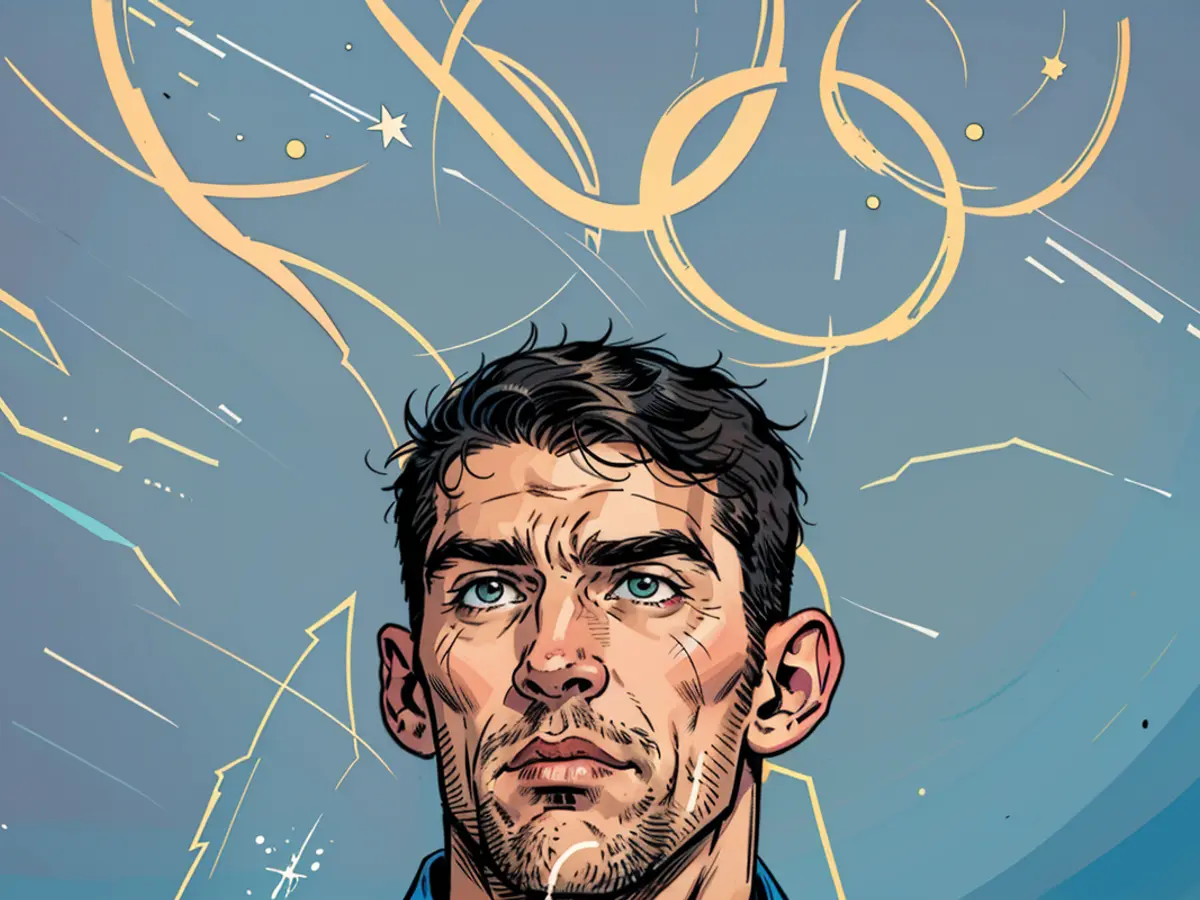- The Deep After-Games Hole: Why Olympic athletes often become depressed
For athletes, post-Olympic depression can become a problem. Psychologist Marion Sulprizio believes there is a high number of unreported cases among participants. "It's the famous iceberg model. You see a few people talking about it, but the larger part remains unseen," Sulprizio told the German Press Agency.
German Flag Bearer Struggled with Depression
In Sulprizio's view, there are many ways to help athletes avoid falling into a slump after the Olympics. "Psychology and sports psychology offer many services and do preventive work. For athletes, it's important to prepare their mindset for what's to come," said Sulprizio, who is the managing director of the MentalStrength coordination office. "The services are available, but their use is not yet optimal, there's still room for improvement."
More and more athletes are reporting their mental problems after the Olympics, but many likely remain silent. "The topic of post-Olympic depression is a taboo for many athletes. But that's the case with many mental illnesses. The fear of stigma is great, so we don't hear as much about it as it is for many people," reported Sulprizio.
The topic gained attention when record Olympic champion Michael Phelps publicly spoke about his problems after the Olympics years ago. In the German team, athletes like flag bearer and judoka Anna-Maria Wagner, who suffered from depression after the Tokyo Games, have also spoken about their problems.
Olympic Debutants Particularly Vulnerable
Even seasoned stars like Phelps can be affected, but debutants seem to be particularly vulnerable. "Athletes who are at the Olympics for the first time often fall into a slump quickly," said Ulli Knapp, trainer of Malaika Mihambo. More experienced athletes know what to expect. "Newcomers are often overwhelmed by the huge event that is the Olympics," said the veteran after eight consecutive Olympic Games.
"Post-Olympic depression is about the phenomenon that everything is geared towards the big day. Either I get a medal or I don't. Maybe I'll even come in last. Athletes work towards this goal for four, or in Tokyo's case, five years," said Sulprizio. "And then the system is suddenly shut down from one day to the next. That's the problem. Many don't think about what will happen after the big day."
After Michael Phelps bravely shared his post-Olympic struggles, more athletes have started speaking out about their experiences, including German flag bearer and judoka Anna-Maria Wagner. Despite the increasing number of reported cases, many athletes still remain silent due to the fear of stigma associated with mental illnesses.
The Olympic Games, filled with high expectations and pressure, can be particularly challenging for debutants. As Ulli Knapp, trainer of Malaika Mihambo, stated, "Athletes who are at the Olympics for the first time often fall into a slump quickly."








